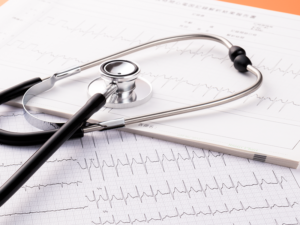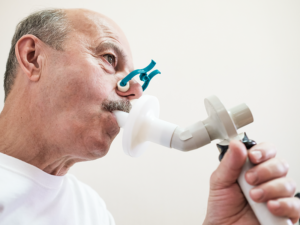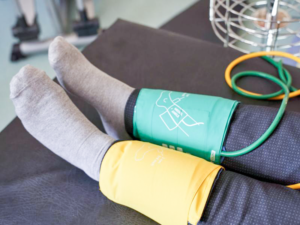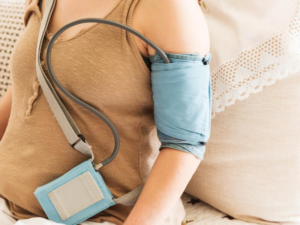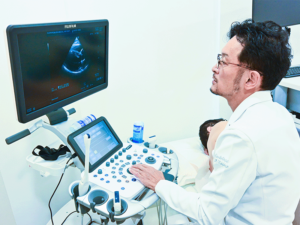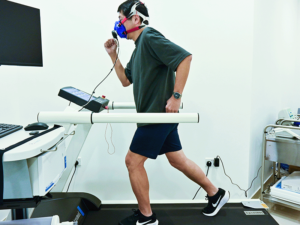Ambulatory Blood Pressure Monitoring (ABPM)
A test that measures blood pressure over 24 hours to monitor fluctuations throughout the day.
ABPM (Ambulatory Blood Pressure Monitoring) is a test that records your blood pressure over a 24-hour period during your normal daily activities.
A specialized blood pressure monitor is worn on the arm and automatically measures your blood pressure at regular intervals.
The test typically lasts about 24 hours and is painless, aside from the pressure felt during cuff inflation.
This test allows for a detailed assessment of blood pressure fluctuations throughout the day—from daytime activities to nighttime sleep.
It is useful for developing appropriate treatment plans and evaluating the effectiveness of antihypertensive medications.
Additionally, it helps detect types of hypertension that may be overlooked during short in-clinic measurements.
- White Coat Hypertension : Blood pressure is elevated only in a clinical setting, such as during a doctor's visit.
- Masked Hypertension : Blood pressure appears normal in the clinic but is elevated in daily life outside the medical setting.
- Nocturnal or Early Morning Hypertension : High blood pressure occurs during sleep or early in the morning, which is often difficult to detect with in-clinic measurements alone.
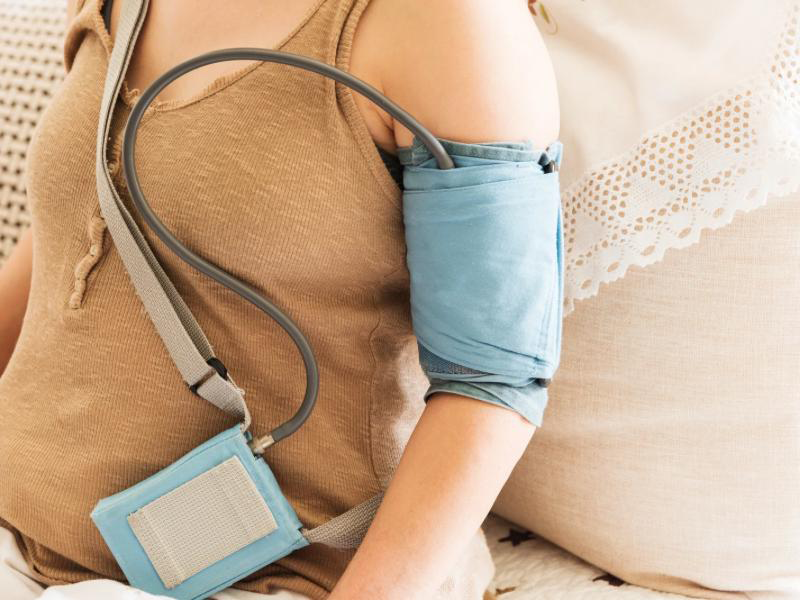
Detectable Conditions
Hypertension
Hypotension
Important Notes
You will not be able to take a bath on the day of the test, as the device must be kept dry.
Cardiology Tests Available
Our clinic offers the following diagnostic tests.
Based on the results, we will develop an appropriate treatment plan and, if necessary, refer you to a specialist.
Electrocardiogram
An electrocardiogram (ECG) is a test that measures the small electrical signals generated by the heart as it beats.
This test can detect heart conditions such as myocardial infarction (heart attack), angina, arrhythmias, and cardiomyopathy at an early stage.
Pulmonary Function Test (PFT)
A pulmonary function test provides a detailed assessment of lung capacity and airway condition.
The procedure takes about 10 minutes and involves breathing deeply in and out through a mouthpiece.
It enables the early detection of respiratory diseases.
Ankle-Brachial Index (ABI)
The ABI (Ankle-Brachial Index) test is used to assess arterial narrowing and the degree of arteriosclerosis.
Blood pressure cuffs are placed on both arms and ankles to measure blood pressure, and the test takes only a few minutes.
It is useful for detecting and managing conditions that involve narrowed blood vessels.
Ambulatory Blood Pressure Monitoring (ABPM)
ABPM (Ambulatory Blood Pressure Monitoring) is a test that records your blood pressure over a 24-hour period during your normal daily activities.
A specialized monitor is worn on the arm and automatically measures your blood pressure at regular intervals.
This test is useful for detecting types of hypertension that may be missed during a standard clinic visit.
Ultrasound Examinations
There are two types of ultrasound examinations: carotid ultrasound and echocardiography.
Carotid ultrasound checks for atherosclerosis in the carotid arteries, while echocardiography observes the structure and movement of the heart in real time.
Exercise Stress Testing
A stress test is an examination that evaluates how the heart functions by measuring your electrocardiogram (ECG) during exercise.
By placing stress on the heart, this test can help detect conditions where blood flow to the heart is reduced during physical activity—such as ischemic heart disease—at an early stage.
Sleep Apnea Test
A sleep apnea test is used to detect breathing pauses and snoring during sleep.
With a simple at-home screening, we can determine whether you may have sleep apnea.
If any abnormalities are found, we will recommend appropriate treatment options to help improve your sleep quality.
Click Here to Book an Appointment
If you have any concerns about your health or oral condition,
please feel free to consult Sakura Clinic, a Japanese medical and dental clinic in Dubai.

